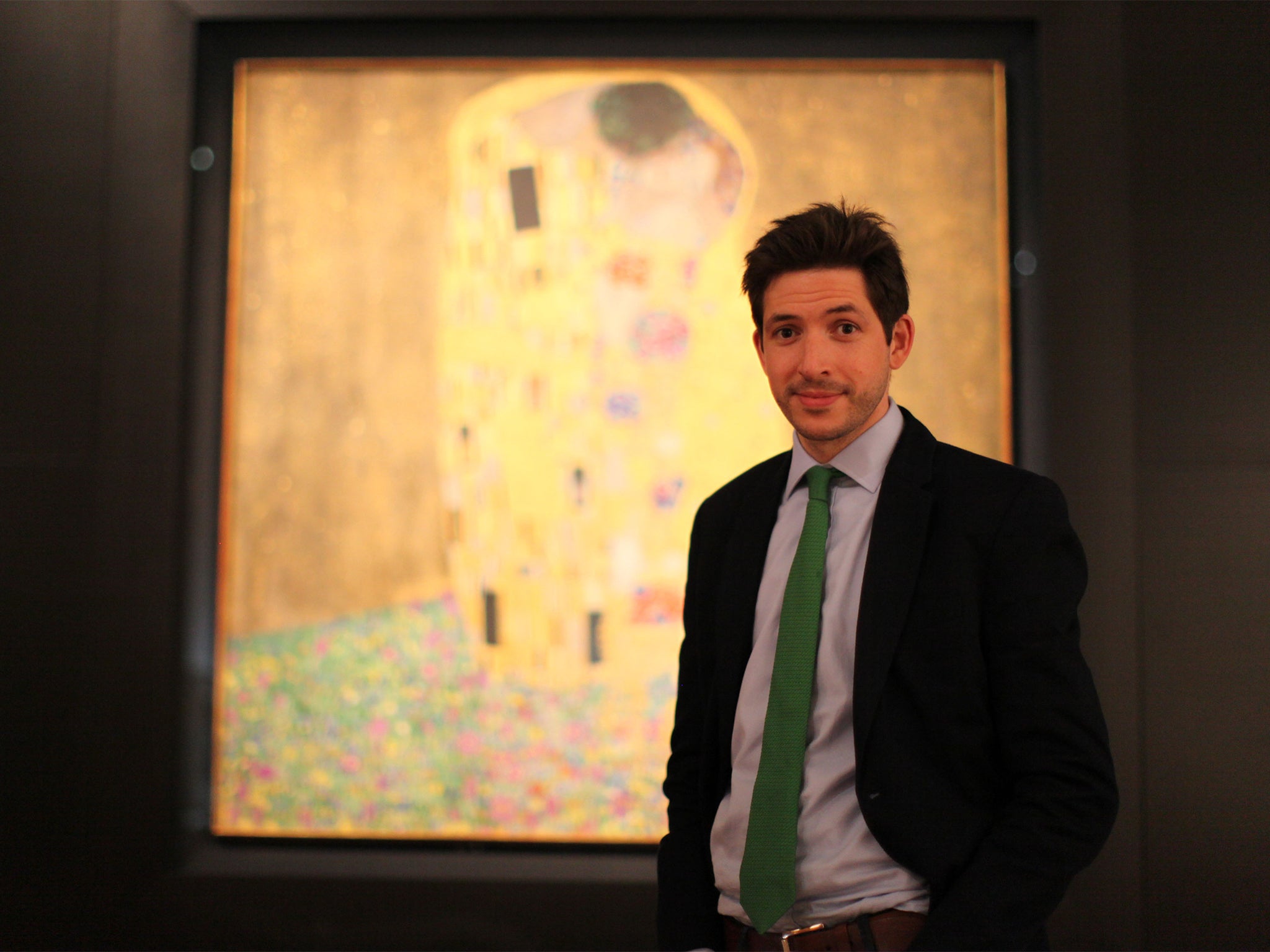Your support helps us to tell the story
From reproductive rights to climate change to Big Tech, The Independent is on the ground when the story is developing. Whether it's investigating the financials of Elon Musk's pro-Trump PAC or producing our latest documentary, 'The A Word', which shines a light on the American women fighting for reproductive rights, we know how important it is to parse out the facts from the messaging.
At such a critical moment in US history, we need reporters on the ground. Your donation allows us to keep sending journalists to speak to both sides of the story.
The Independent is trusted by Americans across the entire political spectrum. And unlike many other quality news outlets, we choose not to lock Americans out of our reporting and analysis with paywalls. We believe quality journalism should be available to everyone, paid for by those who can afford it.
Your support makes all the difference.Gawd, there's a load of rubbish on at the moment isn't there? Thank goodness once more, then, for BBC4, TV's verbose uncle with ephemera to divulge and an hour in which to do it while everyone else watches The Great British Bake Off.
Bright Lights, Brilliant Minds: a Tale of Three Cities was a typically classy BBC4 joint. One so certain in its literary intelligence that it contained references to not one, but two great novels into its title (and Furniture's 1986 single "Brilliant Mind" too, I guess?). Rather than McInerney or Dickens, my own main education about Vienna came from those great chapters in The World According to Garp when Garp and his mother head to Austria to write their novels, inspired by the city's past, present and prostitutes. So I was keen to learn more.
Dr James Fox – no relation to television's other great vulpine PhD, Neil – is in Vienna, circa 1908, as it's the first of his three cities whose (*reads blurb*) "artists, thinkers, writers and musicians set the world on a new course". The other two will be Paris in 1928 (Hemingway, Magritte and all that) and the 1951 New York City of Brando, Ogilvy, Kerouac and Pollock.
(Incidentally, this is the second major work this year to group together a bunch of seemingly disparate cities to tell a wider story. Tristram Hunt pulled the same trick in his doorstopping Ten Cities That Made an Empire, for which the inevitable TV companion has presumably been hampered by Hunt's gig as shadow education minister.)
Anyway, back to the haunting notes, pizzicato strings and whatnot of Vienna, where Fox began his tri-city voyage. Vienna in 1908 was a crucible of science, debate, art and politics. And, as anyone with a thin knowledge of the city's art academies' recruitment policies in that period will know, it was a disjunction between the latter two which spawned the 20th century's greatest monster. Fox dropped us into the city with a blitzkrieg of foreshadowing about a nameless young man arriving in Vienna and bottling an introduction to the artist Alfred Roller.
"Things," Fox told us, "would have been so much easier had he made that introduction and become an artist." Something that presupposes that no Hitler (for it was he) equals no German fascism, but fair enough.
It wasn't all Hitler. Though we did get a brief appraisal of his maudlin watercolours: "Not bad," said Fox. There were proper artists like Oskar Kokoschka and Klimt (an imperialist suck-up, apparently). There was also Arnold Schoenberg, reeling from his wife's affair to write his second string quartet. And don't forget Vienna's less infamous Adolf, Loos, who ushered in the age of modern architecture with the beautiful, unornamented Loos House (or Loos Hoos?).
Yet despite these explosions of talent, Vienna was – Fox told us – a city riddled with malaise and suicide. So you could guess who was going to turn up next. Step forward Sigmund Freud, Little Hans and the Oedipus complex, which debuted alongside The Kiss and everything else in 1908.
My favourite bit here wasn't the discussion of an individual work, but Fox talking café culture. In the city's famous Café Central, he suggested it was likely that on a given day, a trio of Freud, Hitler and Lenin could well have been sitting in separate corners of the same room ("Pumpkin latte for Adolf?")

Watch Apple TV+ free for 7 days
New subscribers only. £8.99/mo. after free trial. Plan auto-renews until cancelled

Watch Apple TV+ free for 7 days
New subscribers only. £8.99/mo. after free trial. Plan auto-renews until cancelled
The nature of this series is that it's a brief romp through many individuals whose lives have been catalogued at length. But to do it geographically, and across disciplines? Why not? At the very least it's an excellent 20th-century primer. Rendez-vous à Paris!

Join our commenting forum
Join thought-provoking conversations, follow other Independent readers and see their replies
Comments